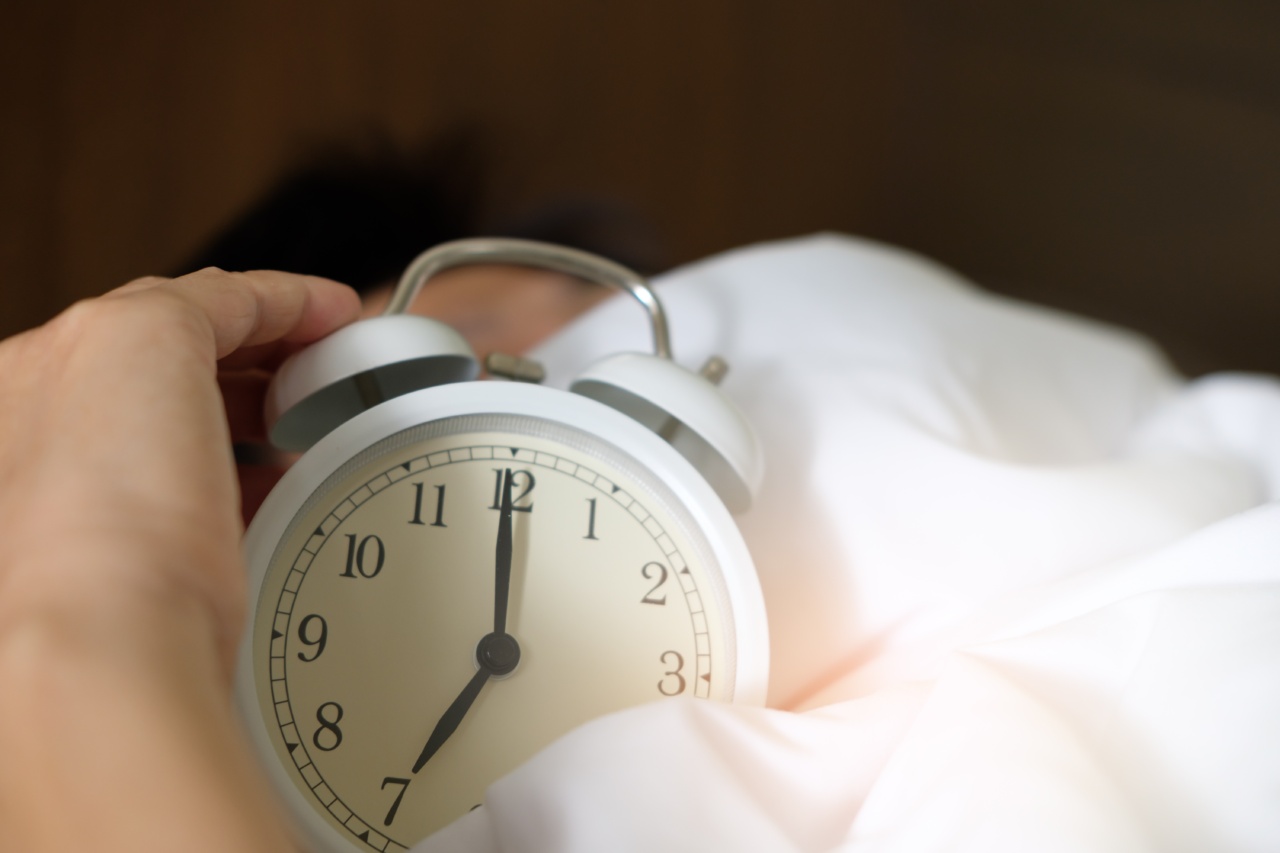Waking up to the sound of an alarm clock has become a normal part of most people’s daily routine. We set multiple alarms, hit snooze several times, and struggle to get out of bed until the last possible second.
However, this constant reliance on alarm clocks can lead to a cycle of addiction that can be difficult to break.
Understanding Alarm Clock Addiction
Alarm clock addiction occurs when our bodies become reliant on the sound of an alarm to wake up in the morning. Over time, this reliance can become stronger, making it harder to wake up naturally.
This cycle can lead to feelings of stress, anxiety, and even depression.
The use of an alarm clock disrupts our natural sleep cycle, which consists of different stages of rest.
Without a proper sleep cycle, we experience a lack of energy and motivation throughout the day, leading to difficulty concentrating, decreased productivity, and mood swings.
The Negative Effects of Alarm Clock Addiction
Aside from the obvious effects of sleep deprivation, alarm clock addiction can have several negative impacts on our overall health and well-being. These include:.
- Increased stress and anxiety
- Depression and mood swings
- Decreased productivity and motivation
- Fatigue and lack of energy
- Difficulty concentrating and making decisions
- Insomnia and other sleep disorders
Breaking the Cycle of Alarm Clock Addiction
Breaking the cycle of alarm clock addiction can be a challenging process, but it is possible. The following steps can help you break free from your reliance on an alarm clock:.
1. Establish a Consistent Sleep Schedule
Going to bed and waking up at the same time every day can help regulate your natural sleep cycle. Aim for 7-8 hours of sleep each night and avoid staying up too late or sleeping in on the weekends.
2. Create a Relaxing Bedtime Routine
A bedtime routine can help signal to your brain that it’s time for sleep. This can include activities such as reading, meditating, or taking a warm bath.
Avoid using electronic devices before bed, as the blue light can interfere with your sleep cycle.
3. Avoid Caffeine and Alcohol Before Bed
Caffeine and alcohol can disrupt your sleep cycle, making it harder to fall asleep and wake up naturally. Avoid consuming these substances before bed, particularly if you struggle with falling asleep.
4. Invest in Blackout Curtains or Eye Masks
The use of blackout curtains or eye masks can help create a dark, peaceful sleep environment. This can prevent outside light from disrupting your sleep and help you wake up naturally with the sunrise.
5. Practice Waking Up Without an Alarm
Try waking up without an alarm on the weekends or when you have a day off work. This can help you become more in tune with your natural sleep cycle and help you wake up feeling refreshed and rested.
6. Use a Gentle Alarm Clock
If you still need an alarm clock to wake up, try using a gentle alarm that mimics natural sounds. This can include birds chirping, waves crashing, or soft music.
These gentle sounds can help ease you out of sleep and prevent the jarring effect of traditional alarm clocks.
Conclusion
Breaking the cycle of alarm clock addiction is a process that requires patience and commitment.
By establishing a consistent sleep schedule, creating a relaxing bedtime routine, avoiding caffeine and alcohol before bed, investing in blackout curtains or eye masks, practicing waking up without an alarm, and using a gentle alarm clock, you can wake up feeling refreshed and rested each morning.





























